Decoding the Costs: Operating Your EV Charger Efficiently
The shift towards electric vehicles (EVs) is more pronounced than ever, driven by the dual engines of environmental consciousness and technological advancement. A critical component of this transition is the EV charger — the lifeline of electric vehicles. However, a question that often surfaces for potential and current EV owners is: What is the cost of operating the EV charger, including electricity consumption and maintenance? Understanding these costs is essential for making informed decisions about EV ownership and usage.
Electricity Consumption: The Primary Cost Factor
The bulk of the operating cost for an EV charger comes from electricity consumption. The cost to charge an electric vehicle varies significantly depending on several factors, including the vehicle's battery size, the electricity rate in your area, and the charger's efficiency. On average, an EV requires about 30 kilowatt-hours (kWh) to travel 100 miles. With the national average electricity cost hovering around $0.13 per kWh, it would cost approximately $3.90 to cover that distance. However, electricity rates can vary widely by region, so it's crucial to check local rates for a more accurate estimate.
It's also worth noting that charging during off-peak hours can lead to significant savings. Many utility companies offer time-of-use (TOU) plans, which reduce rates during periods of low demand, typically overnight. By scheduling your EV charging during these times, you can minimize the cost of electricity consumption.
Maintenance Costs: A Closer Look
Compared to traditional gasoline-powered vehicles, EVs — and by extension, EV chargers — have relatively low maintenance costs. EV chargers are designed with simplicity and durability in mind, which means they require little upkeep. However, potential maintenance tasks might include software updates, connector repairs, or replacements and periodic checks by a certified electrician to ensure all components are functioning correctly. While these costs are generally minimal, they can vary based on the charger's model and usage frequency.
Installation: The Initial Investment
While not a recurring operating cost, the initial installation of an EV charger can be a significant expense. This cost varies depending on the type of charger (Level 1, Level 2, or DC Fast Charging), the complexity of the installation, and any necessary electrical upgrades to your home. Level 2 chargers, which offer faster charging speeds, typically require professional installation and may necessitate an upgrade to your home's electrical system.
The Bottom Line
Operating an EV charger involves several cost components, with electricity consumption being the most significant. However, when compared to the costs associated with gasoline vehicles — including fuel, oil changes, and more frequent maintenance — EVs and their chargers often present a more economical option over the long term. By understanding these costs and taking steps to minimize them, such as utilizing TOU plans and maintaining your charger properly, you can enjoy the benefits of EV ownership without breaking the bank.
Shenzhen Sympres Technology Co. Ltd
a leading supplier of innovative and reliable EV chargers and wallbox chargers
www.symplug.com
Whatsapp: +8613537523979
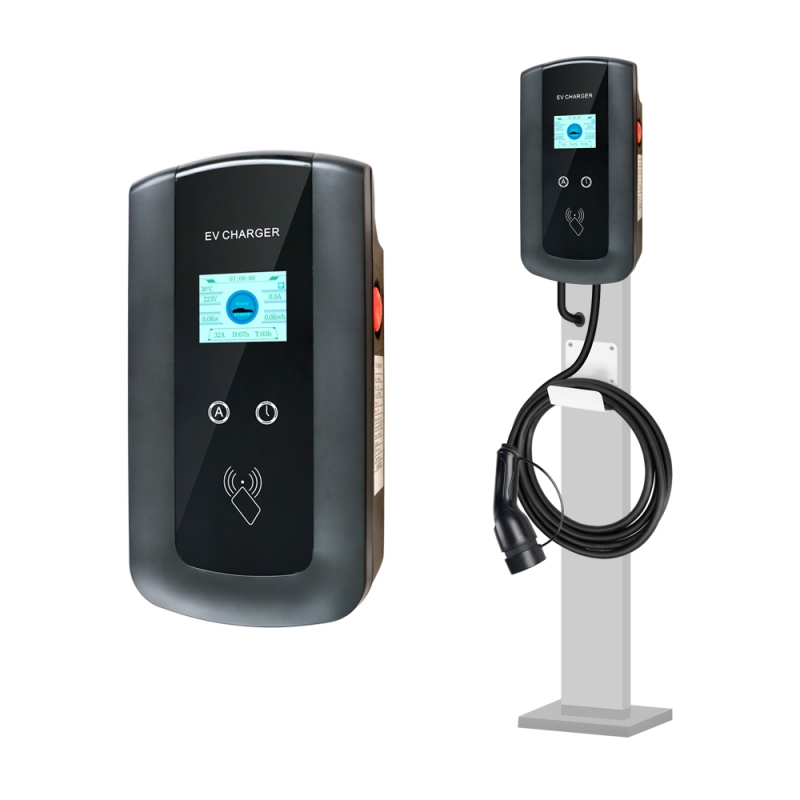

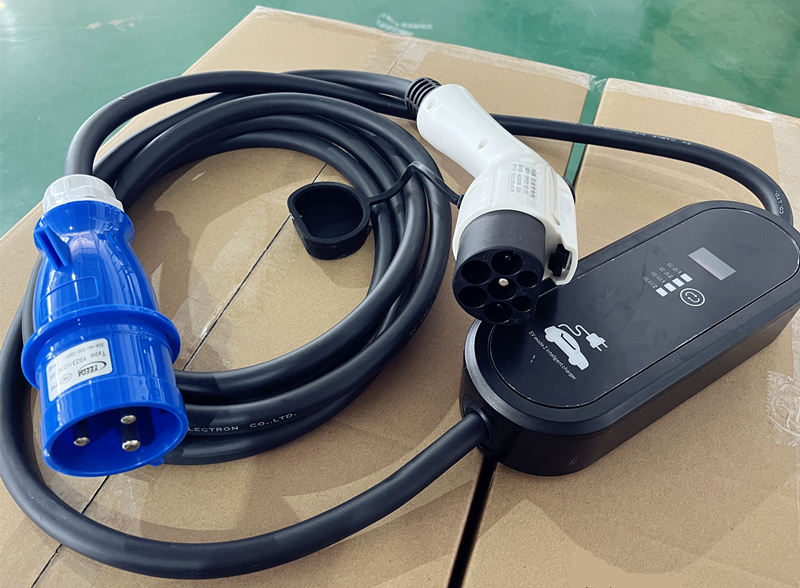

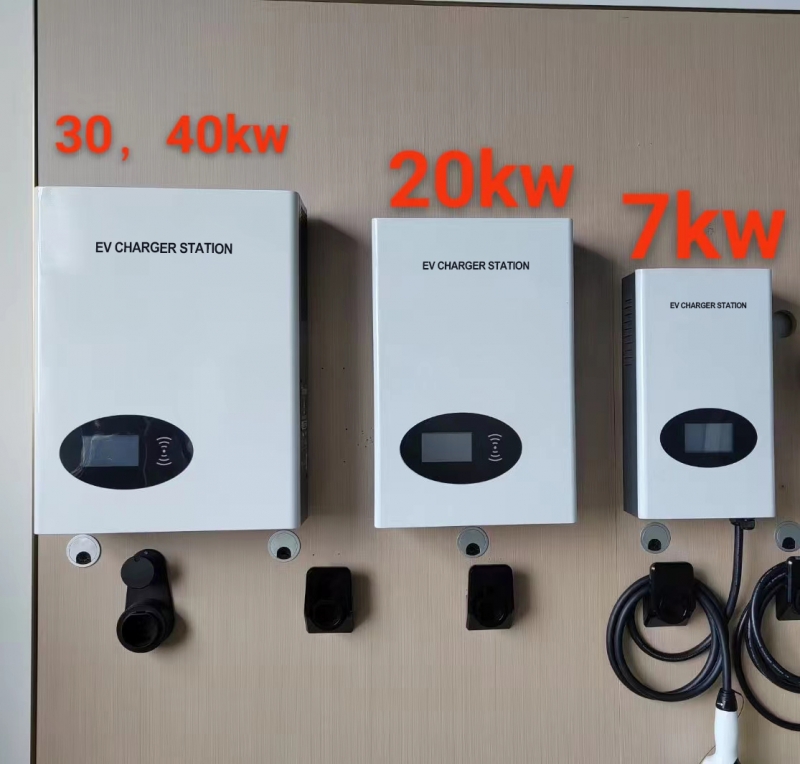
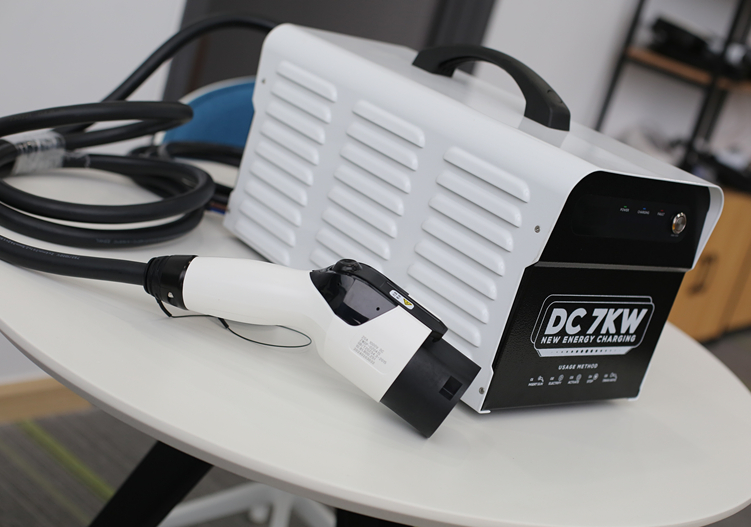
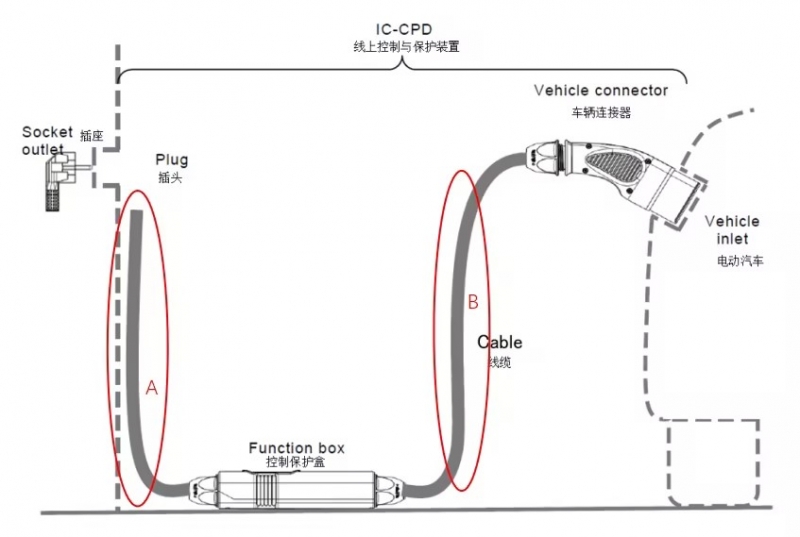

 Send Email
Send Email Jane_ev
Jane_ev